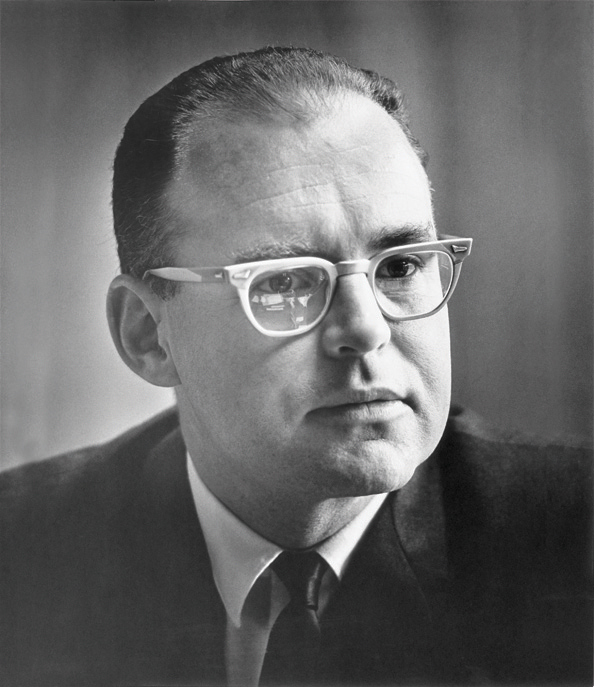
Was Gordon Moore Arguing for Cloud IaaS in 1965?

The other day over lunch a client and I were discussing Cloud IT and he observed that Moore’s Law demanded that his company adopt cloud IaaS. I had never thought of Moore’s Law in this context, but after that lunch I see it in a new light. Most people know that Gordon E. Moore, co-founder of Intel proposed his now famous law in a 1965 paper. Simply put, the law states that the number of transistors on a processor chip doubles every two years.
Most of us don’t really care about the number of transistors we have on our processor chips, but we do notice that we seem to need faster processors, more RAM and more storage about every two or three years. Lucky for us the latest and greatest gear is always available for purchase and the same inflation adjusted dollar seems to buy much more powerful machines than it did 2 years ago. I think by now everyone has observed that they have more processing power on their iPhones than they could have purchased in their data center for $10,000 10 years ago.
While it sounds great at first that the same dollar is buying twice as much or more compute and storage as it did 2 years ago, the corollary of this statement is that all of the dollars I spend this year are spent on equipment that is virtually worthless in two or three years. Meanwhile, if I own and manage the equipment myself, I am still paying for maintenance, space, power and networking to run equipment that is obsolete!
With cloud infrastructure there is never any capital expenditure. And the dollars I pay today (which are on average 40% less than the operating cost of on premises or collocated infrastructure) are always buying the fastest state of the art equipment. As AWS roles out the latest C4 series and SSD drives or Azure releases its high performing G series VM, it costs nothing to start using the new stuff—and generally it takes only a few minutes to upgrade with a few mouse clicks or API calls. Even more astonishing than faster processors is the pace of innovation on both providers’ platforms. Security on AWS is already so much more robust than even an elite company can achieve on its own and continues to get better as prices to the end user go down.
So why would a company continue to pay 40% more to operate obsolete equipment that is less secure? I really can’t think of a good reason. And I suspect Gordon Moore would agree even if he wasn’t consciously arguing for it 1965. I’m sure he’s also happy that Intel now makes the customized Xeon E5-2666 v3 (code name Haswell) processor for AWS’ newest compute C4 instances.
Blue Sentry is an advanced-tier Amazon Web Services (AWS) consulting partner specializing in application and data migrations, expert managed services and virtual desktops. Blue Sentry serves clients globally, with operations in North Carolina and South Carolina.
